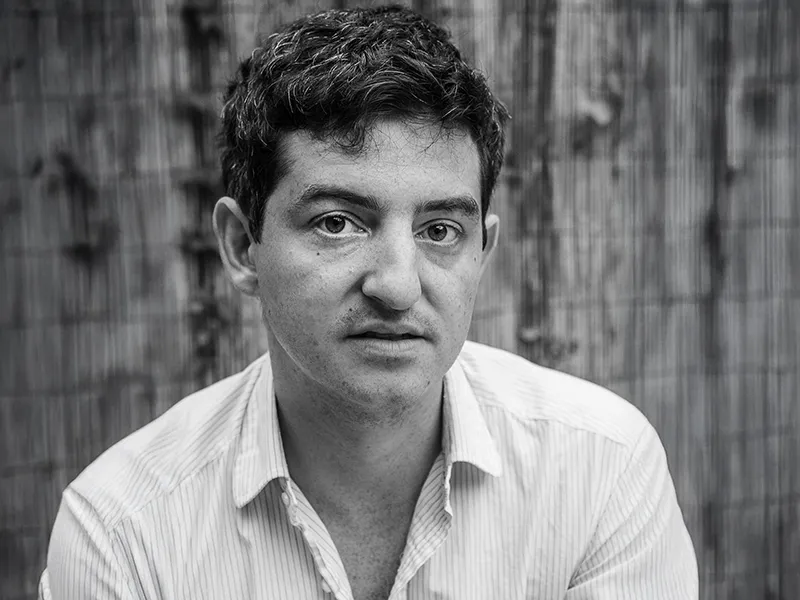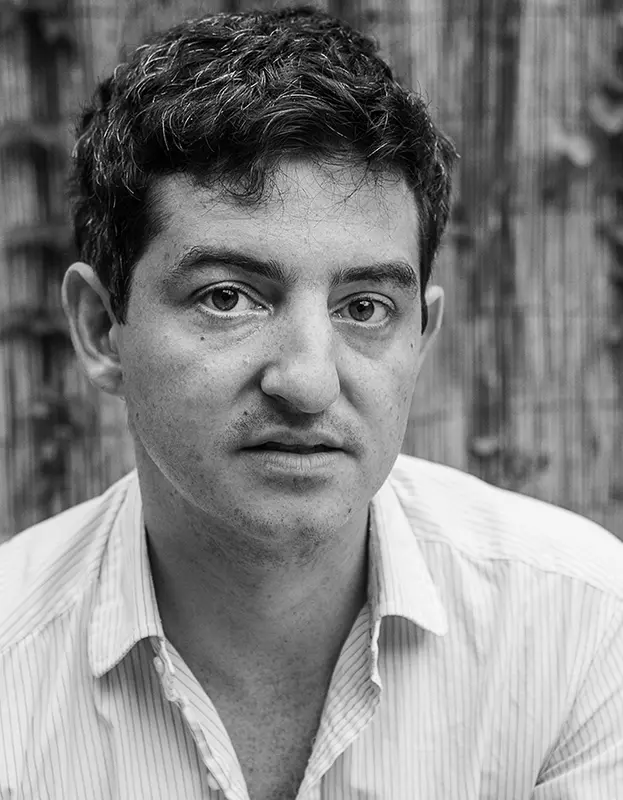

Originally published in the 2024 issue of the School of Liberal Arts Magazine
Readers over 30 might ask the same question I asked upon being appointed as a visiting professor of environmental studies: What is environmental studies? It’s a reasonable question. As I soon learned, universities across the country have been asking it themselves, with increasing urgency.
I had been aware, from visits to college campuses over the last decade, of a growing mutiny within the humanities disciplines. It was often expressed as a frustration with the blithe manner in which climate change was discussed — or altogether ignored — in the classroom.
Why was this subject of all subjects, the issue of greatest existential significance to this generation of students, encountered so sparingly, and superficially? Where, asked humanities students, were the great climate novels, histories, and works of art? A corresponding question was posed in the earth sciences: Why did so few non-scientists seem to understand the nightmarish ramifications of the data they analyzed every day in the lab?
I recognized in these questions my own frustrations with the ways we have come to write, and think, about environmental crisis — frustrations that have driven my fiction and nonfiction over the last dozen years. The fundamental information was well understood, after all. Journalists have been explaining for decades now the public story of climate change: the political story, the scientific story, and the economic story.
But what about the human story? What is the specter of climate change doing to us? What does it mean to live at a time when each year is the warmest year on record, and the coldest year of the rest of our lives? How does the knowledge of what’s already upon us, and what’s to come, change the way we navigate the world? How does it shape the way we plan for the future? How does it inform the decisions we make about what kind of work we want to do, where we want to live, and whether we want to have children?
Such questions lack easy — which is to say, objective — answers. This makes them the kinds of questions that the arts are uniquely capable of examining. Art is, by nature, subjective — partial, emotional, and allergic to grand proclamations. It does not traffic in “takeaways” or “angles.” It offers, instead, paths to deeper reflection, and scrutiny — especially self-scrutiny. It helps us to know ourselves.
The first step to defining the Environmental Studies Program (EVST) is to isolate what it is not: an environmental science course or degree. We desperately need a new generation of scientists capable of taking on the novel challenges of this age. But we also need scholars who can grapple with the societal implications. Our classes in environmental studies serve students who want to understand how these great crises operate on the soul, as well as on our culture, politics, and economy.
It is difficult to think of a university better situated to serve as the home for a robust center of environmental studies than Tulane, situated as it is in the American city that, by many measures, is most vulnerable to the effects of climate change. We are a few miles downriver from the concentration of petrochemical plants now internationally known as “Cancer Alley,” occupying the former plantation grounds that lined the lower Mississippi River. We are in a city that has survived many existential threats and that understands more will continue to come, as often as every hurricane season.
We’ve entered a strange time, one that will not only be dominated by catastrophe but also by uncanny wonders: the decay of great cities and landscapes, climate migration and rewilding, the abandonment of poisoned territories and the engineering of artificial ecosystems. The great transition now underway offers us an enormous challenge, and an opportunity. Students at Tulane now have a unique opportunity to mediate between these public, global crises and our private lives. How do we preserve our humanity in an increasingly alien world? Serious, imaginative, uninhibited inquiry is sorely needed to help us through. We may not know what the future holds, but we can try to know ourselves.
New Orleans is also, of course, a city of profound creativity, imagination, and radical honesty about its fate.
Spotlighting EVST Interdisciplinary Electives
- Landscape Theory (Art History)
- Disasters in Ancient Societies (Anthropology)
- Humanity’s Place in Nature (Philosophy)
- Sociology of Food & Agriculture (Sociology)
- Environmental and Social Justice New Orleans (Environmental Studies)
Professor Rich’s Course Offerings
- Invention of Nature (fall 2024) - tracks the evolution of environmental literature from the Epic of Gilgamesh to contemporary fiction
- Environmental Journalism (fall 2024) - balances clear explanations of complex scientific concepts with the demands of imaginative storytelling
- Climate Fact and Climate Fiction (spring 2025) - explores the ways the specter of climate change has transformed our culture

